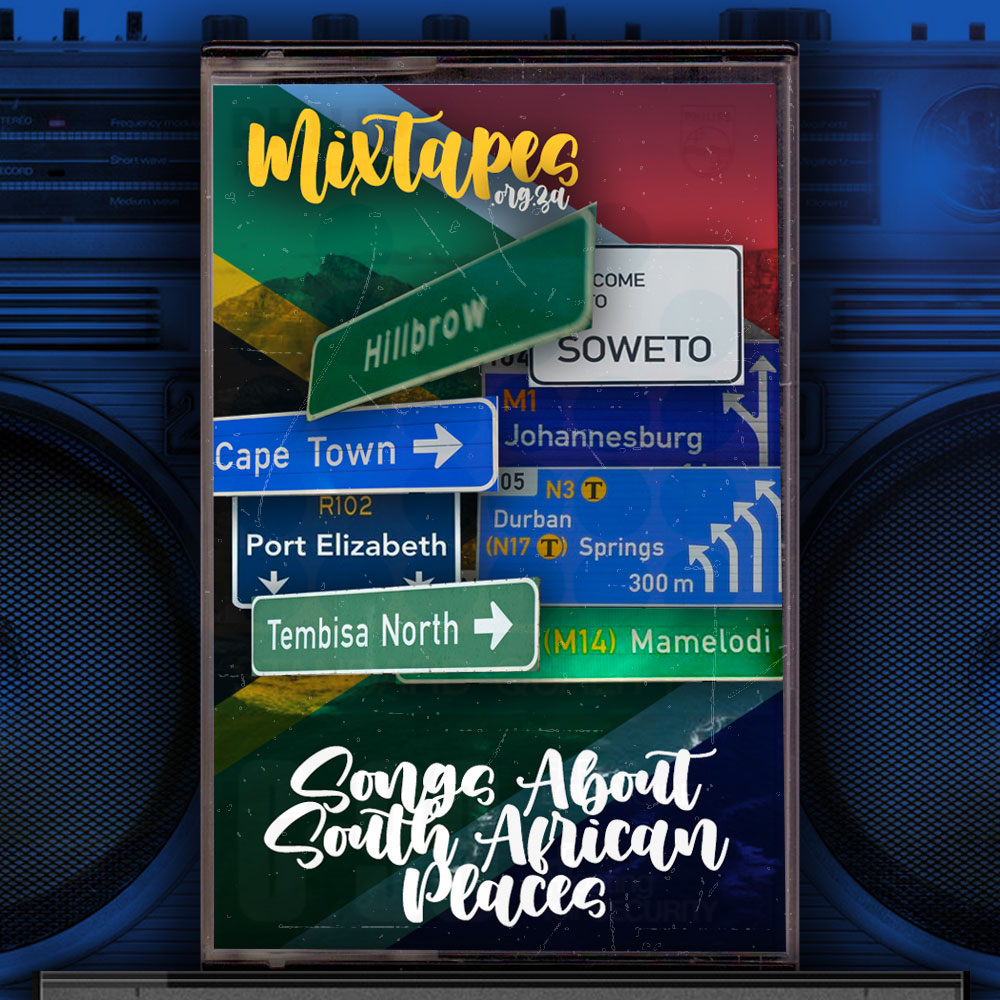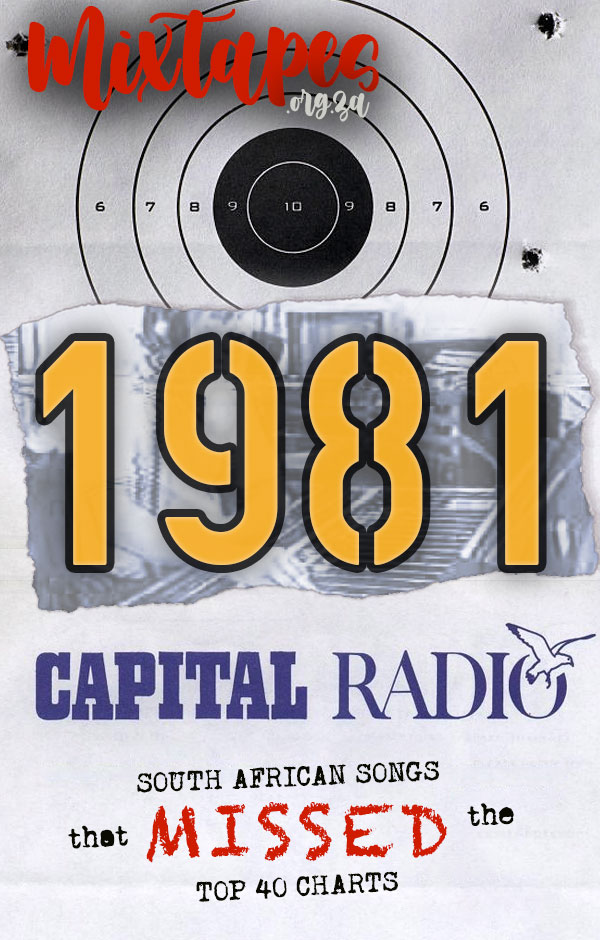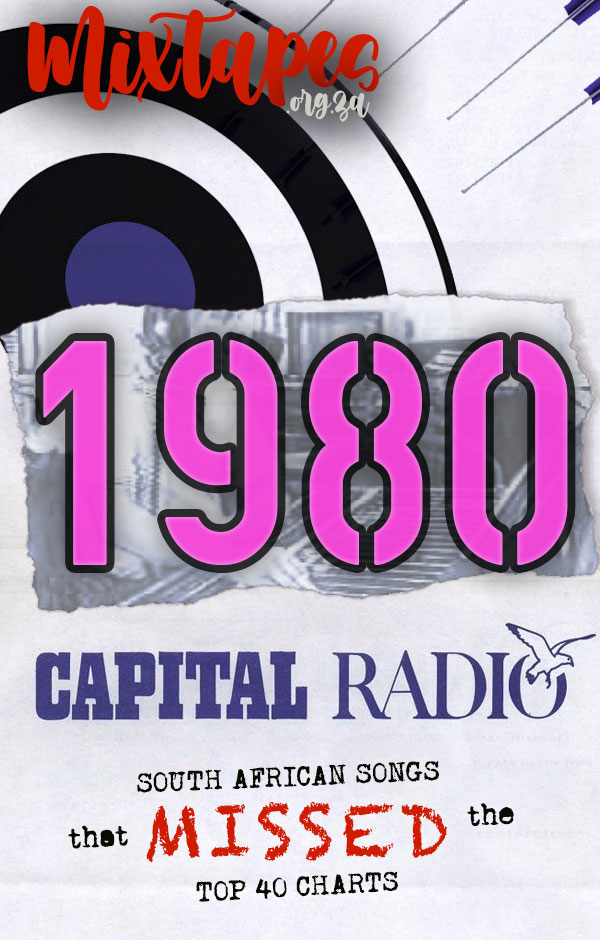
To mark Heritage Day we have chosen a playlist of songs by South African musicians about South African places. Something homely to cuddle up with, or if you’re feeling active, to jive to. There are far more songs about South African places than we can fit on one mixtape, but we hope this is a good representation of songs and places. It’s a starting point: there will be more to come in this series where music and places meet.
There are all sorts of reasons someone could write and perform a song about a place. Often it is out of fondness, sometimes out of loathing or frustration, or simply because it is where one happens to be when a moment of song-writing inspiration hits. And at times it could be ironic, out of both loathing and attraction, where one isn’t entirely sure which it is.
The twenty songs on this mixtape begin in Cape Town, with Sabenza’s “CT Blues” and then Dollar Brand’s iconic “Mannenberg”, both of which feature Basil Coetzee. We end our stay in the Western Cape with Hotep Idris Galeta’s “Cape Town Before Midnight” before travelling north east along the coast to “Ebhayi”, as celebrated by Ami Faku. Then it is to the KwaZulu-Natal coast for Trans.Sky’s song about “Durban Poison” and Urban Creep’s “Sea Level”, both of those songs feature Brendan Jury and both are somewhat ambivalent about Durban, as many residents are. In 1977 Rabbitt were asked to write the theme tune for a new tv programme – The Dingleys – about a bookshop in Pietermaritzburg. Although the shop is fictional, Rabbitt nevertheless captured various aspects of Pietermaritzburg which remind us of the city at that time.
Next we move up to the Gauteng region for the remainder of the mixtape, starting with the Radio Rats’ celebration of Springs in “East Rand Town Called Springs” and then onto a series of Soweto-themed songs: “Orlando” by Miriam Makeba & the Skylarks, “Soweto Inn” by the Movers, Sipho Mabuse’s “Jive Soweto” and Tribe After Tribe’s “Suburb In The South”. Just a short drive from Soweto is the southern suburb of Rosettenville to which Van der Want/Letcher pay homage in the satirical “Rosettenville Blues”. The Julian Laxton Band contribute the offbeat “Johannesburg” and the Gereformeerde Blues Band pay tribute to Hillbrow with a classic Voëlvry song of that name. Then on to “Living In Yeoville” by the Aeroplanes, a song which will tweak on the heartstrings of lefties who lived in Yeoville in the 1980s and 1990s.
Lesego Rampolokeng & the Kalahari Surfers bring us back down to earth with “Johannesburg”, a city where dreams come to die. We move north east with Moses Molelekwa’s “Spirit Of Tembisa” and further north east again with Vusi Mahlasela’s tribute to Mamelodi, “Hello Mams”. James Phillips as Bernoldus Niemand ends things with his ironic tribute to Pretoria (as it was then), “Snor City”, about the growth of hair above the lip of every white man who passed him by on the street. As he lamented, the longer he waited, the more his hope diminishes.
Thanks to South African musicians for writing and performing songs that have become the soundtrack of our lives, and for those moments, celebrated on this mixtape, when creativity captures this place we come from.
- CT Blues – Sabenza
- Mannenberg – Dollar Brand
- Cape Town After Midnight – Hotep Idris Galeta
- Ebhayi – Ami Faku
- Durban Poison – Trans.Sky
- Sea Level – Urban Creep
- Dingley’s Bookshop – Rabbitt
- East Rand Town Called Springs – Radio Rats
- Orlando – Miriam Makeba & the Skylarks
- Soweto Inn – The Movers
- Jive Soweto – Sipho Mabuse
- Suburb in the South – Tribe After Tribe
- Rosettenville blues – Van der Want/Letcher
- Johannesburg – Julian Laxton Band
- Hillbrow – Gereformeerde Blues Band
- Living in Yeoville – The Aeroplanes
- Johannesburg – Lesego Rampolokeng & the Kalahari Surfers
- Spirit of Tembisa – Moses Molelekwa
- Hello Mams – Vusi Mahlasela
- Snor City – Bernoldus Niemand



